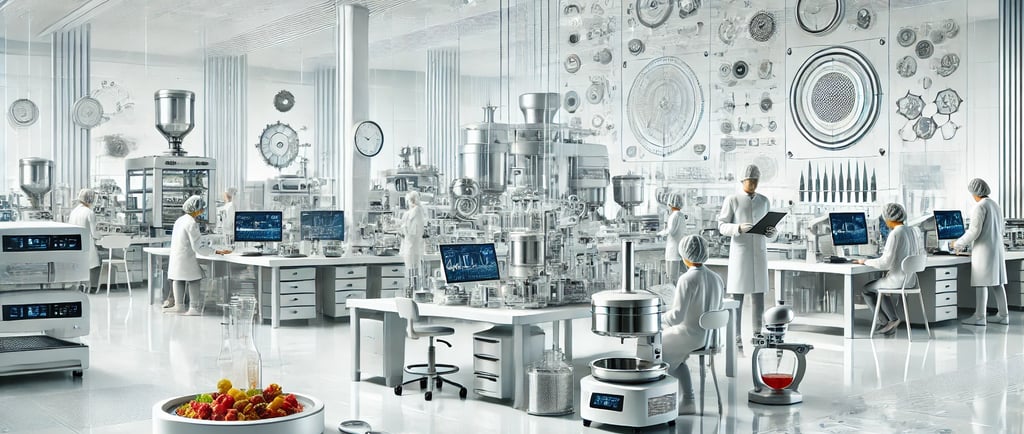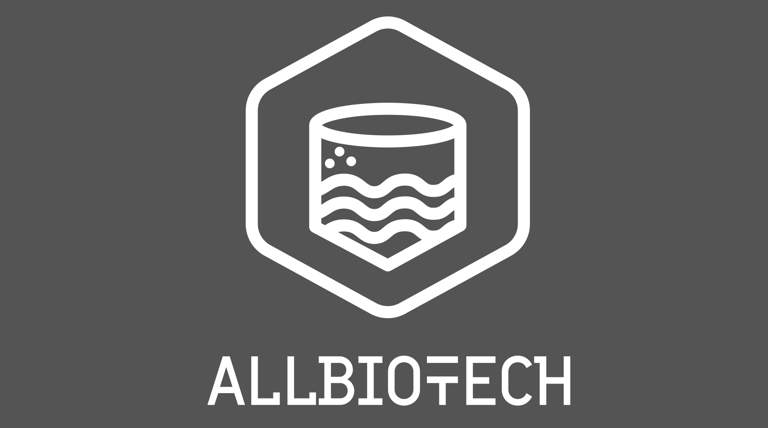The Future of Smart and 100% Organic Food
10/3/20242 min read


In a world where the population continues to grow and the demand for more sustainable and healthier food increases, technological innovations are leading a true revolution in food production. In this context, precision fermentation emerges as one of the most disruptive technologies that will forever change the way we produce and consume food.
What is Precision Fermentation?
Precision fermentation is an advanced technique that uses genetically modified microorganisms, such as bacteria and yeast, to produce specific compounds like proteins, enzymes, and fats. Unlike traditional fermentation methods, which have been used for centuries to produce foods such as bread, beer, and yogurt, precision fermentation is designed to create exact molecules that mimic essential ingredients of animal or plant origin.
With this technology, we can produce key ingredients without directly relying on animals or intensive agricultural crops, resulting in a smaller environmental impact and greater efficiency in the production chain.
A Disruptive Shift in the Food Industry
The potential of precision fermentation is immense. This technology allows for the production of essential proteins and other nutrients in a more efficient, clean, and sustainable way. Furthermore, its flexibility makes it possible to create entirely new foods that are more nutritious and customizable, bringing us closer to smart food tailored to each person's needs.
Food products obtained through precision fermentation are not only more sustainable but can also be 100% organic. By eliminating the need for pesticides, antibiotics, and other chemicals commonly used in traditional agriculture and livestock farming, this technique offers us the possibility of consuming purer foods, free of artificial additives, and with a lower ecological footprint.
Key Benefits of Precision Fermentation
Sustainability: Producing proteins through precision fermentation requires much less water, land, and energy compared to traditional farming and livestock. It also drastically reduces greenhouse gas emissions.
Nutritional quality: As a precise technology, it allows the creation of foods with an exact nutritional composition, ensuring that the final products are healthier and free from contaminants.
Versatility in ingredients: Precision fermentation offers the ability to produce a wide range of ingredients, from proteins to healthy fats, enabling the development of entirely new or improved foods.
100% Organic Foods: Products obtained through precision fermentation can be 100% organic, eliminating the need for artificial or chemical ingredients.
The Future is Here
Imagine a world where you can enjoy your favorite burger, but instead of being made with animal meat, it is composed of proteins generated through precision fermentation, with the same taste and texture, but with a much smaller environmental impact. This is just one example of how this technology is transforming the food industry.
Large companies and startups are investing in the research and development of food products based on precision fermentation. From dairy products without the need for cows to alternative proteins that can replace conventional meats, the future of food is getting closer every day.
Conclusion
Precision fermentation is revolutionizing the way we produce and consume food, providing a more sustainable and healthier solution. This technology not only allows us to face the challenges of climate change and food security, but it also opens the door to an era of smart and 100% organic food.
The way we think about food is changing, and with it, the future of food that we all deserve is within reach. With precision fermentation, we are closer to a food system that respects the planet and ensures the health of future generations.
Spanish company
Stay in touch
+34 677 645 185
© 2025. All rights reserved.
Esta empresa ha recibido una subvención del Gobierno de Navarra al amparo de la convocatoria de 2025 de ayudas a la creación y consolidación de empresas innovadoras de base tecnológica en el marco del Plan de Recuperación, Transformación y Resiliencia-Financiado por la Unión Europea - Next Generation EU.




